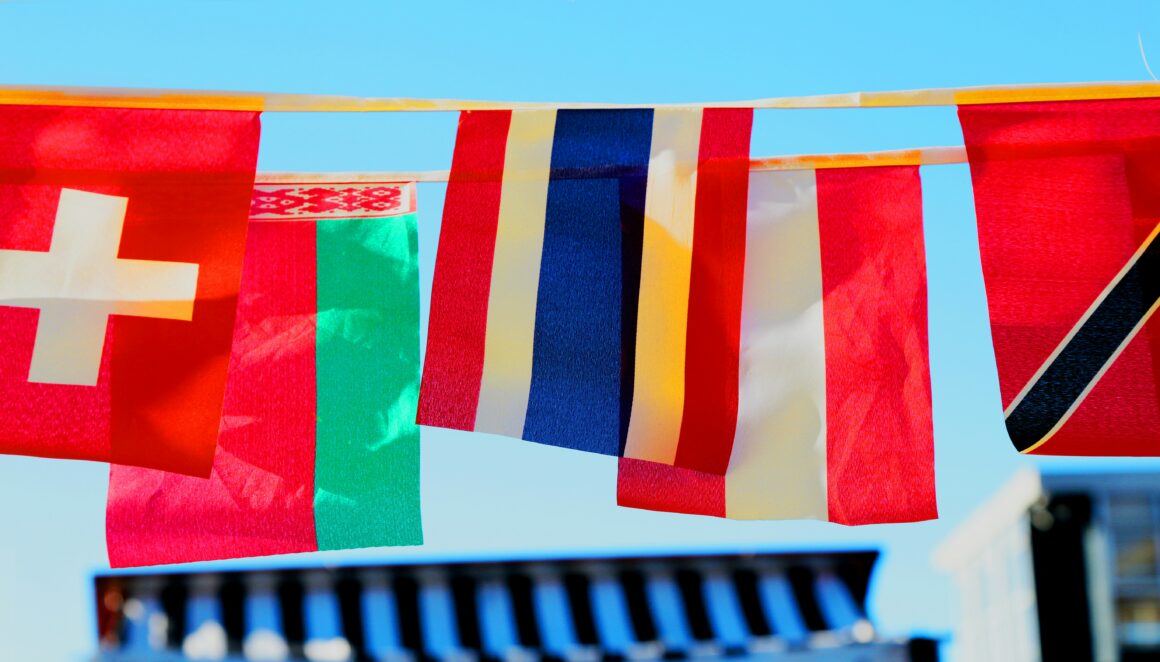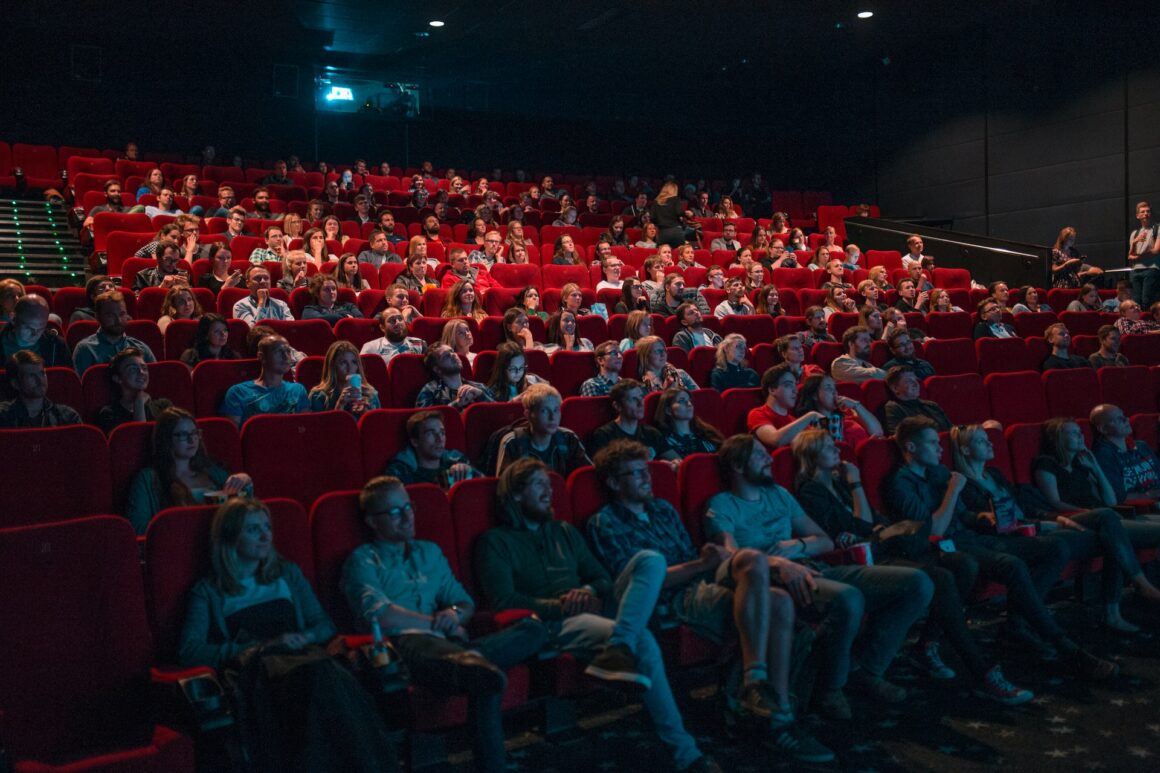It’s no secret that the refugee crisis is scary business. It isn’t normal to accept so many foreigners into your country all at once, and that’s understandable, but you must remember that these are not “normal” times we live in.
There are wars on almost every continent on earth. Regardless of who you support, we must agree that war is horrible. It’s bad for business, it’s bad for economies, it’s bad for politics, but most of all, it’s bad for the poor souls stuck between the warring sides. Their living conditions are often unbearable, despite the efforts of international aid organizations. They lose loved ones every day. Children lose their parents and end up alone. In some conflicts, the barbarity escalates to a degree where the children themselves are in harm’s way. That isn’t “normal”. In conditions like these, its should come as no surprise that people would leave everything they once knew to find a safe life elsewhere. It’s no easy process, leaving their homes and everything they know, and its their last resort, probably the toughest choice they ever had to make.
I think we owe it to them to make some abnormal decisions as well. Decisions that are no where as hard as the ones they had to make, but just as consequential to their lives, like offering them safe refuge from the dangers of war and an unknown fate.
Many of these refugees are intellectuals, degree holders and specialized workers. Think of what they can achieve if given the chance?
Think of them as assets to you community, not as threats, or intruders. Some bad apples may exist, that much cannot be denied, but that shouldn’t be an excuse to put everyone who is currently a refugee under the same light. To not take precautions would be quite dangerous, but to completely ban every one of them? That’s inhumane.
Take the example of one of the most famous refugees in recent history: Albert Einstein.
Yes, one of the greatest minds of the 20th century was a refugee. He fled Nazi Germany because he belonged to a Jewish family. Despite the Einsteins being quite unobservant (not very religious), his works were burned, he was not allowed to hold any official positions, (not even in universities) and was considered an enemy of the German Nazi regime. He was offered a position at Princeton University and in late 1933 and fled to the United States, making him a refugee. Using his fame and financial resources, he worked vigorously with his wife to obtain U.S. visas for other European refugees. Einstein had haunting mixed feelings about his life in Princeton:
“I am privileged by fate to live here in Princeton…In this small university town the chaotic voices of human strife barely penetrate. I am almost ashamed to be living in such peace while all the rest struggle and suffer.”
He went on to continue his scientific career in the U.S, and became a strong supporter of civil rights. He was very vocal about racism, and had once visited Lincoln University in Pennsylvania, the first school in America to grant college degrees to blacks, and gave a lecture on relativity. One woman remembered that Einstein paid the college tuition of a young man from the community. Another said that he invited Marian Anderson to stay at his home when the singer was refused a room at the Nassau Inn.
Try to reflect on what would have happened if Einstein was denied entry into the U.S. At the very least, the world might have lost one of it’s greatest minds, and the U.S would have one less civil rights advocate
I conclude with a message to all people in power, specifically those presiding over matters of refugees and immigration all over the world, I plead with you to consider the following before turning away a refugee:
You could very well be turning away the greatest mind of the 21st century.





Comments are closed.